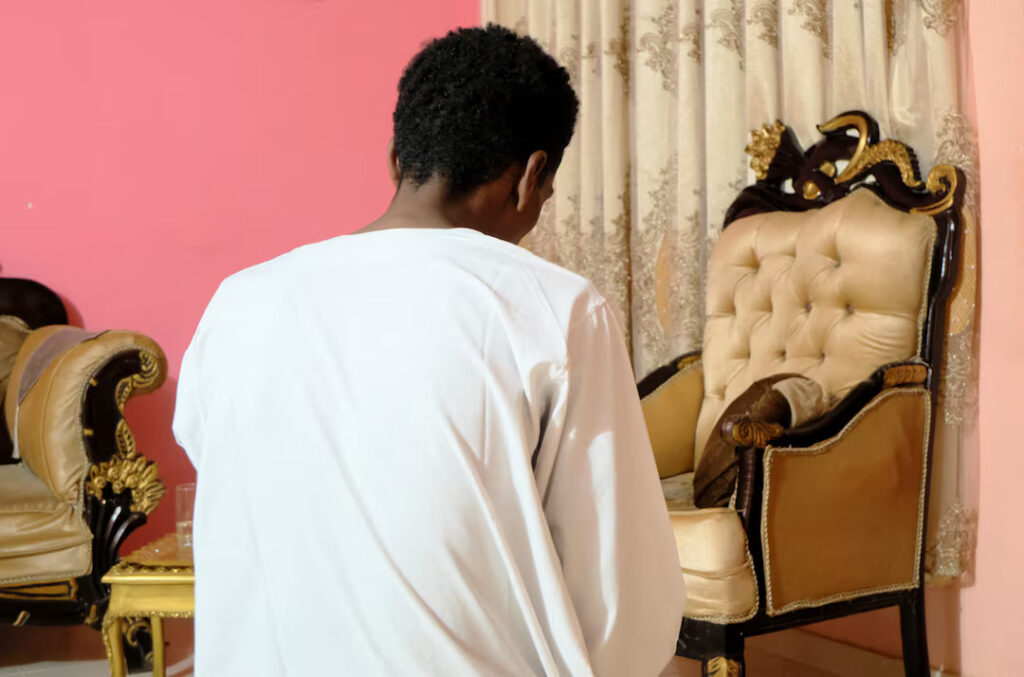Sudan’s civil war has entered a new and dangerous phase as the Rapid Support Forces (RSF) advance eastward from Darfur, igniting heavy clashes, drone strikes and renewed displacement across the volatile Kordofan region.
The escalation follows the RSF’s capture of al-Fashir late last month and its tightening control over Darfur, developments that have shifted the conflict’s centre of gravity toward the country’s east.
Despite accepting a U.S.-backed ceasefire proposal last week amid global condemnation of alleged mass killings in al-Fashir, the RSF has continued expanding its military operations.
The Sudanese army has not agreed to the truce, and fighting has intensified, undermining hopes for increased humanitarian access after more than two years of war.
The RSF’s eastward push began as it overran al-Fashir, swiftly seizing Bara in North Kordofan, a strategic transport hub linking Darfur to central Sudan. The army had briefly retaken the town two months earlier.
Amy Pope, director of the International Organization for Migration, said up to 50,000 people have been displaced from Kordofan since the RSF advance began.
Survivors who fled Bara described harrowing scenes of revenge killings and summary executions targeting those accused of siding with the army.
Khalil, now recovering in army-held Omdurman, said RSF fighters lined him up with eight men and opened fire, killing two.
Another resident, Ismail, recounted watching men shot in the streets before bribing a fighter to escape with his family.

Ismail, a citizen from Bara, who said that he was subjected to beatings and torture by the Rapid Support Forces (RSF), poses in Omdurman, Sudan, November 8, 2025. REUTERS/El Tayeb Siddig
Mohamed described how his father was killed resisting RSF troops who then beat family members and looted their home.
Mohamed, a young man from Bara, who said that he was tortured and whose father was killed by the Rapid Support Forces (RSF), poses in Omdurman, Sudan, November 9, 2025. REUTERS/El Tayeb Siddig
Emergency Lawyers, a Sudanese activist group, estimates hundreds were killed, though Reuters could not independently verify the reports.
Responding to questions, an RSF leader accused the army of blocking peace efforts, saying any area under army control “is a legitimate target,” but the group did not comment on the alleged killings.
El Obeid, North Kordofan’s capital and one of Sudan’s largest cities, may soon become a key battleground. Witnesses reported seeing the army reinforcing positions there while RSF units massed to the east.
In West Kordofan, residents said the key town of Babanusa, home to a major army base, is now encircled by RSF fighters.
Farther south, clashes have surged around Kadugli and al-Dalanj in South Kordofan, where RSF forces and allied fighters from the SPLM-N are surrounding army positions.
A global hunger monitor assessed Kadugli as having entered famine in September, with al-Dalanj likely suffering the same fate, conditions that mirror the humanitarian catastrophe seen during the siege of al-Fashir.
Multiple sources reported evidence of a broader military build-up across the country. An SPLM-N source and an army official said new weapons had been delivered through South Sudan.
In Port Sudan, a witness noted increased cargo plane arrivals, which two army sources claimed were transporting military equipment. None of the claims could be independently verified.
Both sides have sharply escalated their use of drones in recent months, contributing to high civilian casualties. On November 3, a drone strike in Sheikan, North Kordofan, killed 49 people, including women and children, according to Emergency Lawyers.
U.N. human rights chief Volker Türk warned on Friday that the latest troop movements and intensified drone strikes show “clear preparations for intensified hostilities,” with devastating implications for civilians already enduring widespread hunger, displacement and ethnic violence.
Sudan’s war, driven by a bitter rivalry between the RSF and the army, has drawn in foreign powers and risks fragmenting the country further.
As frontlines shift eastward, millions face worsening insecurity, dwindling aid access and the prospect of even heavier fighting in the months ahead.
Source: Reuters
Written By Rodney Mbua